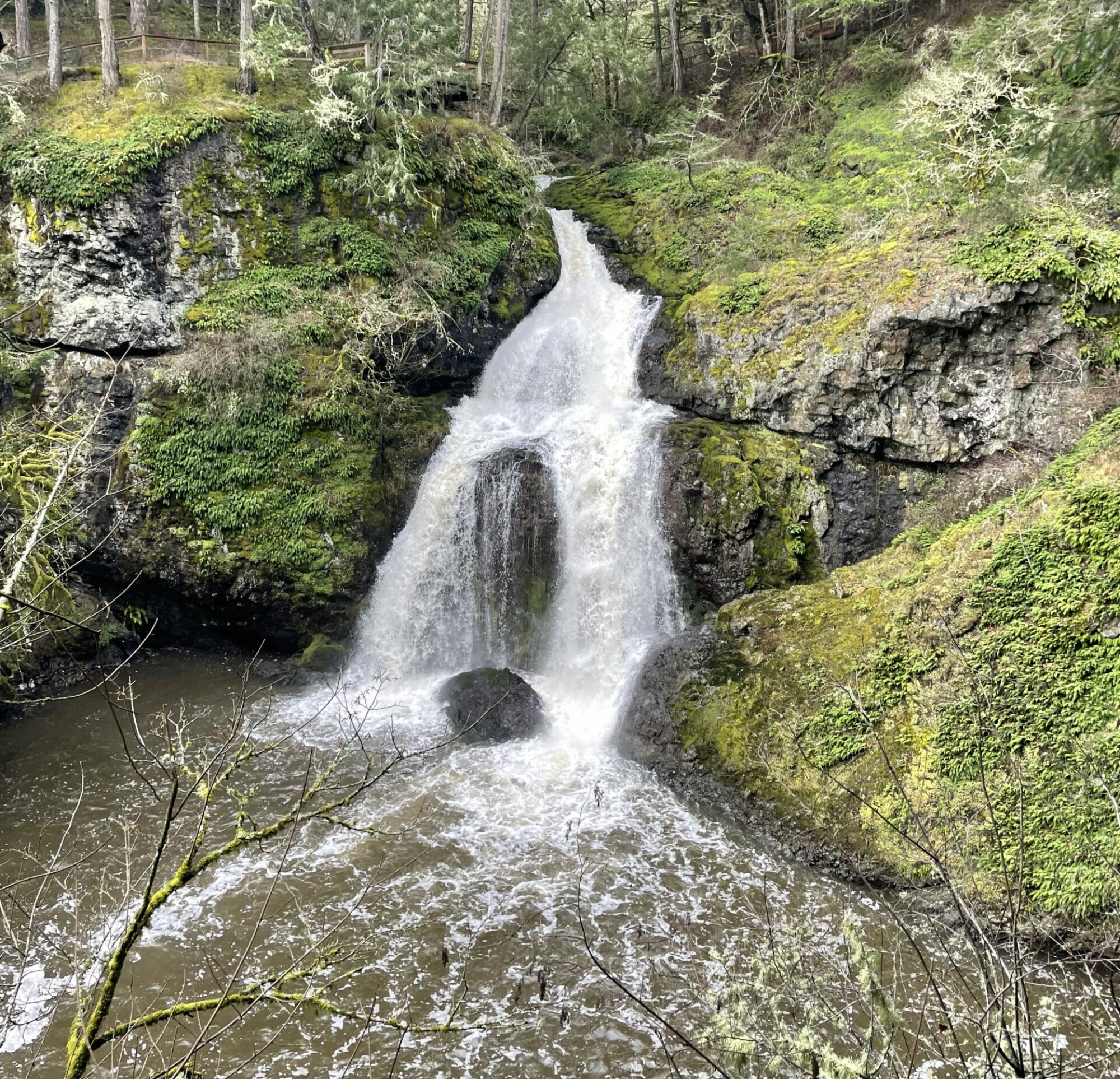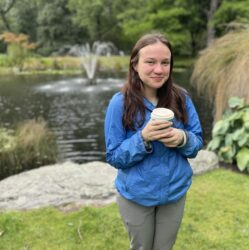B.C Curriculum
The BC curriculum is what I have and will be basing my teaching on as a future educator. In my first year of the education program I have learnt a lot from the BC curriculum. I think that there are many valuable components in the curriculum to consider when teaching. The curriculum is based on competencies that the students learn through lessons and activities but also through content. I think that this is a more rounded approach to teaching and we are in a time where we are teaching more than just the subject to a class, we are teaching to a more personalized and collaborative classroom. From my perspective there is more flexibility than ever and many layers to consider when teaching. The curriculum is built now around students understanding the big ideas, doing the curricular competencies and learning standards, and finally knowing the content learning standards.
https://curriculum.gov.bc.ca/curriculum/overview
First People’s Principles of Learning
The FPPL’s are foundational to my own teaching practice. They are kept in mind when I build lessons, and I follow them in my own teaching. I find that often when teaching is based around these principles, the message of the lesson also comes back to a principle and I have found this to be very profound and meaningful in my own reflections about teaching and learning. I want to teach from a holistic foundation in my own practice and I think that a good place to start is centering your teaching around these principles. When student learning is centered around the FPPL’s I think that it will help shape supportive, kind and compassionate members of the community. This is the center of my teaching practice and I want to perpetuate this in my own teaching and learning.
Truth and Action Calls to Reconciliation
In this document there are 94 calls to action. It is really important to me not only to bring forward truth in my teaching but also ways to bring forward action. The path to reconciliation is continual and needs consistent and ongoing action. An idea of a way that I would like to implement the Truth and Action Calls to Reconciliation would be to discuss one each morning. This is a good way to bring action to your classroom and actively participate in reconciliation. Other ways that this could be done could be focusing on one a week, or having students choose a call that they feel a connection to. In my own teaching this is an important document that I want to keep as a focus of my practice. I’d like to discuss the calls to action with my class and find ways to participate in activism that are culturally appropriate and sensitive.
Professional Standards for BC Educators
The nine professional standards for BC Educators put in the place the framework for the expectations an educator must follow in their teaching practice. This is something that we have gone over several times in my courses and feel that it is something that I am quite comfortable with. As an educator it is your responsibility to follow and adhere to these standards in the best interests of your students and community. Following these standards will not only allow for you to be providing the best education that you can, but also will encourage your students to be as healthy and successful as they can too.

